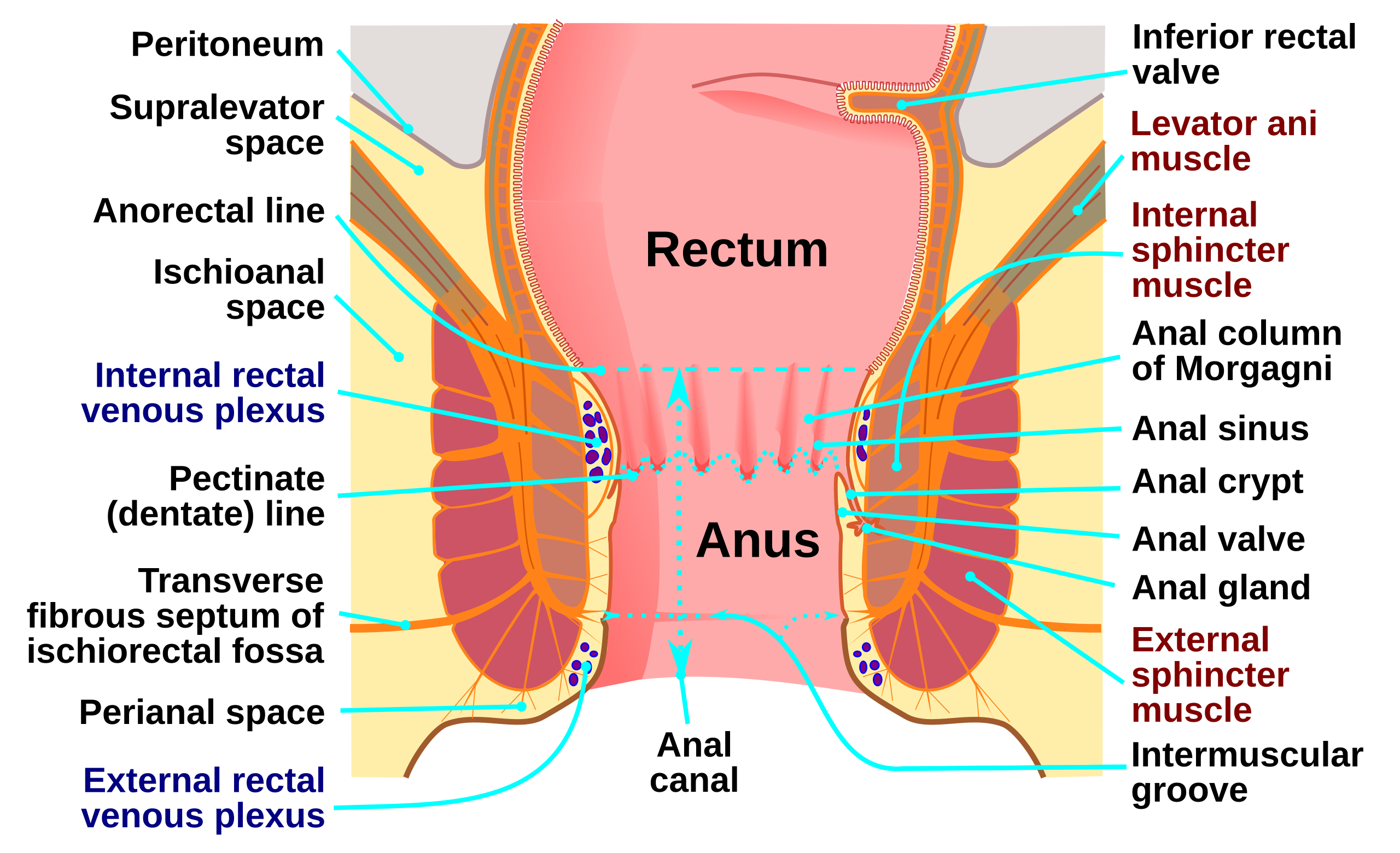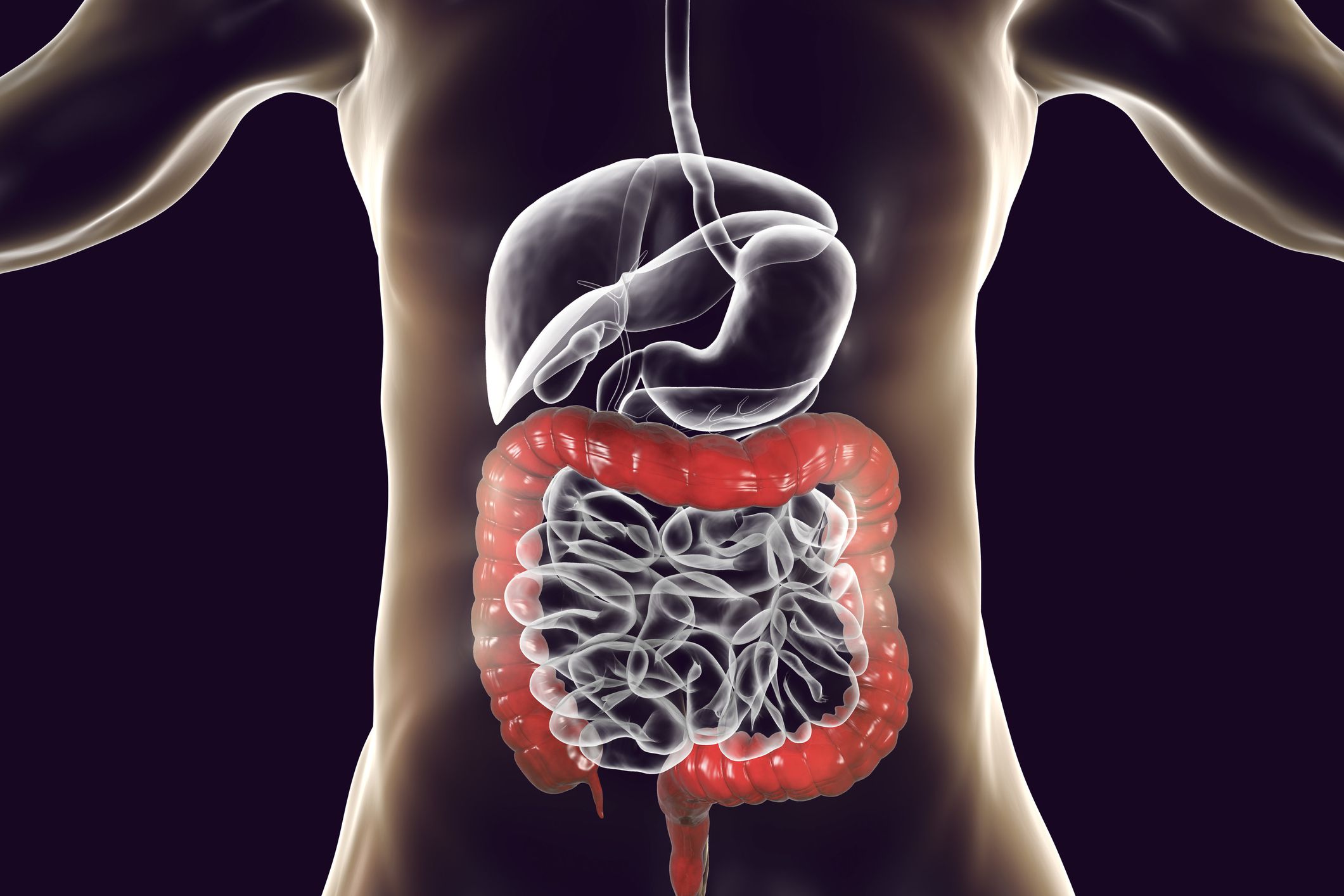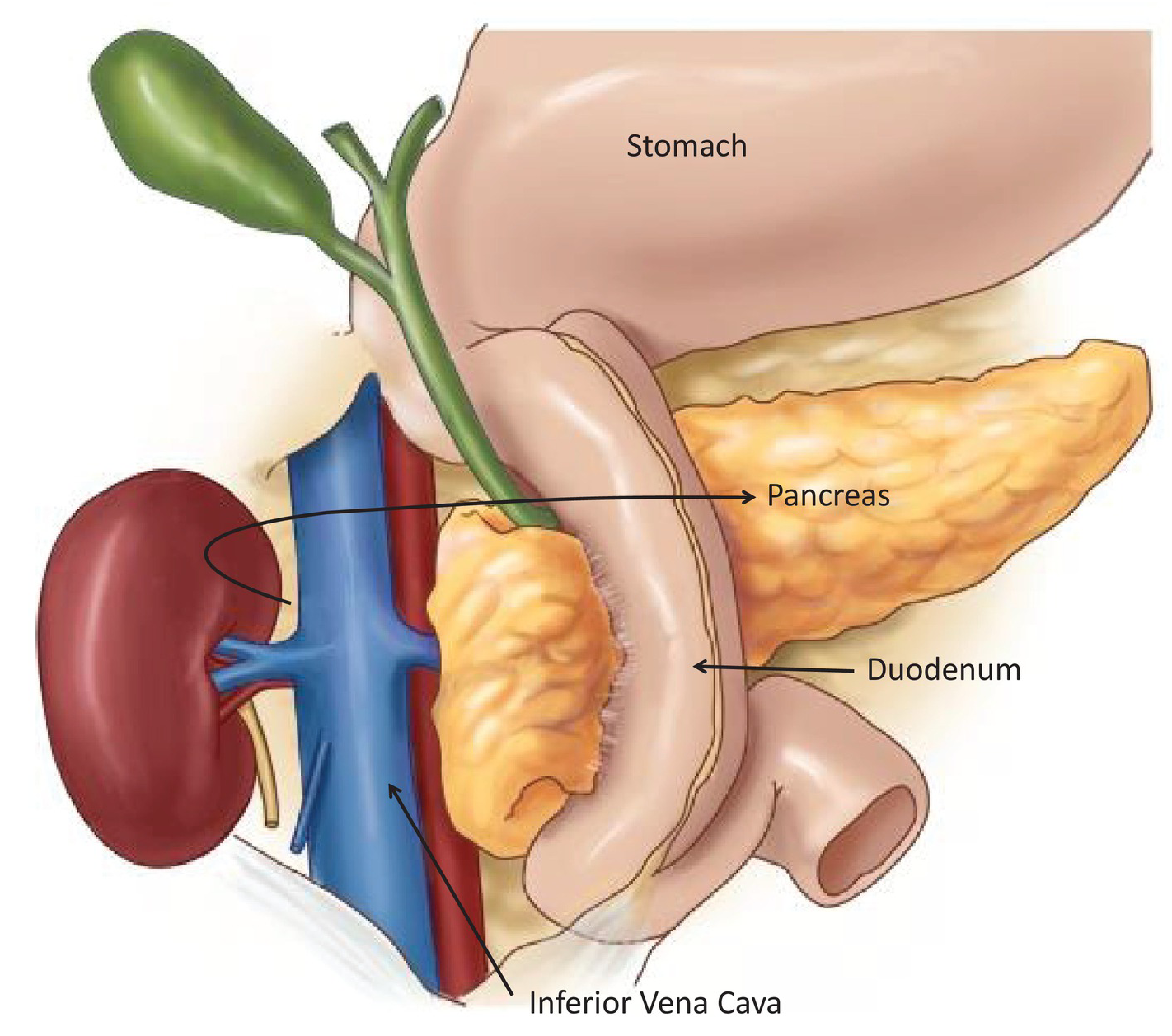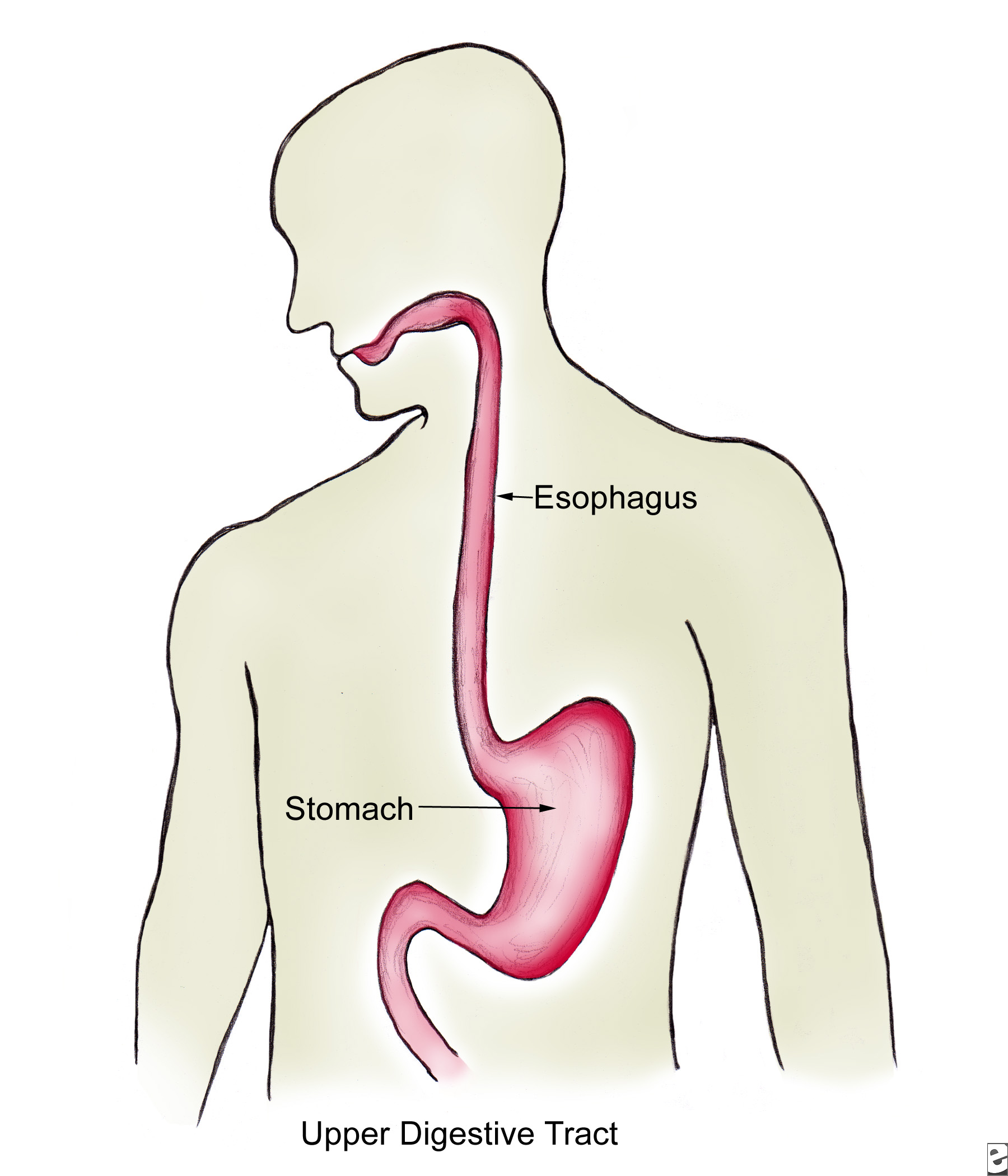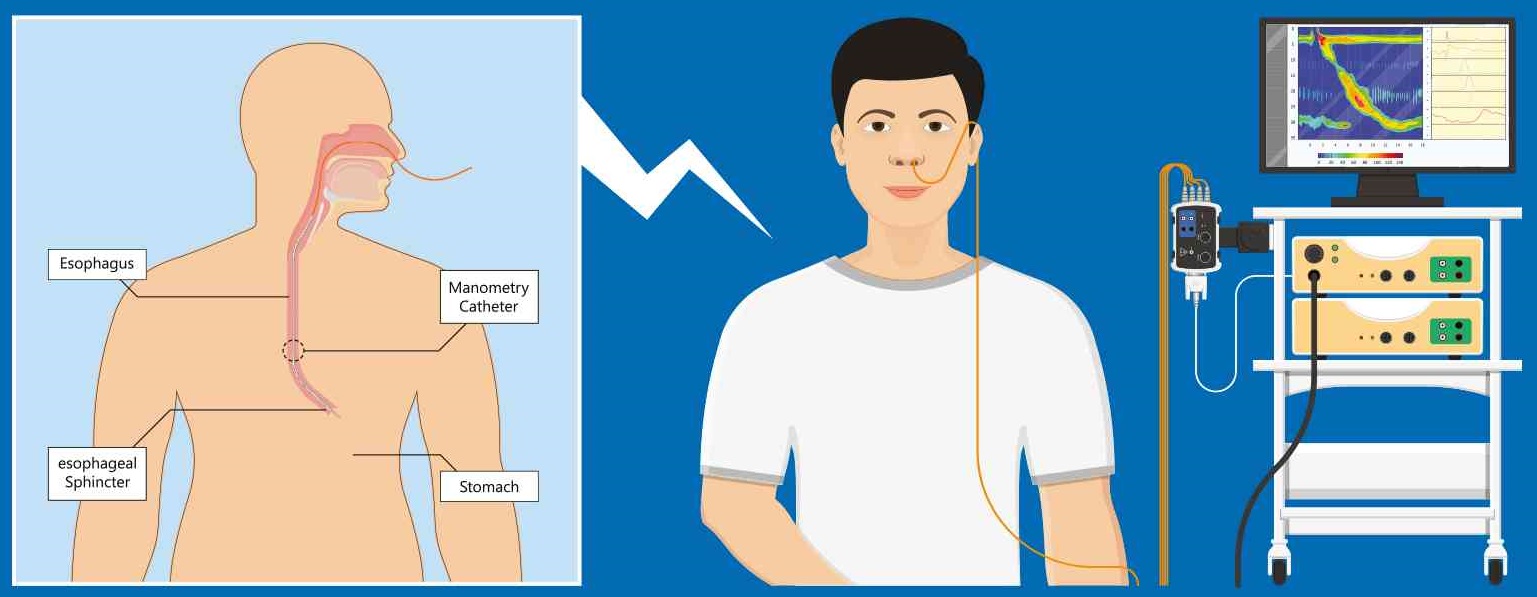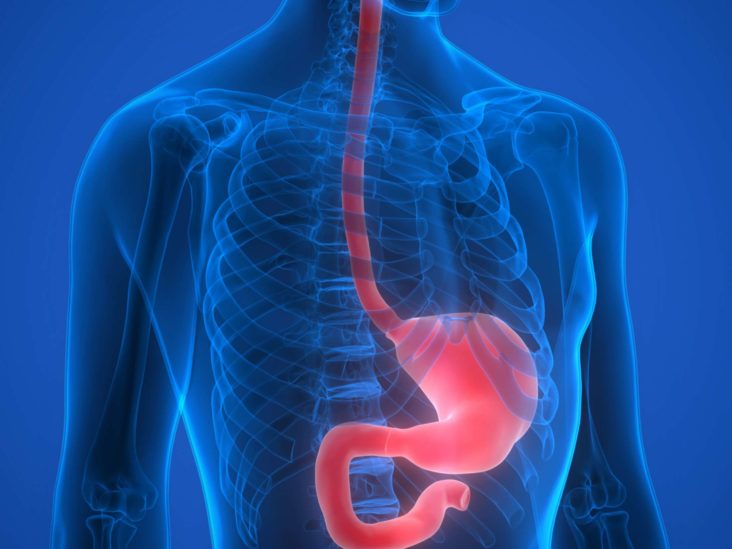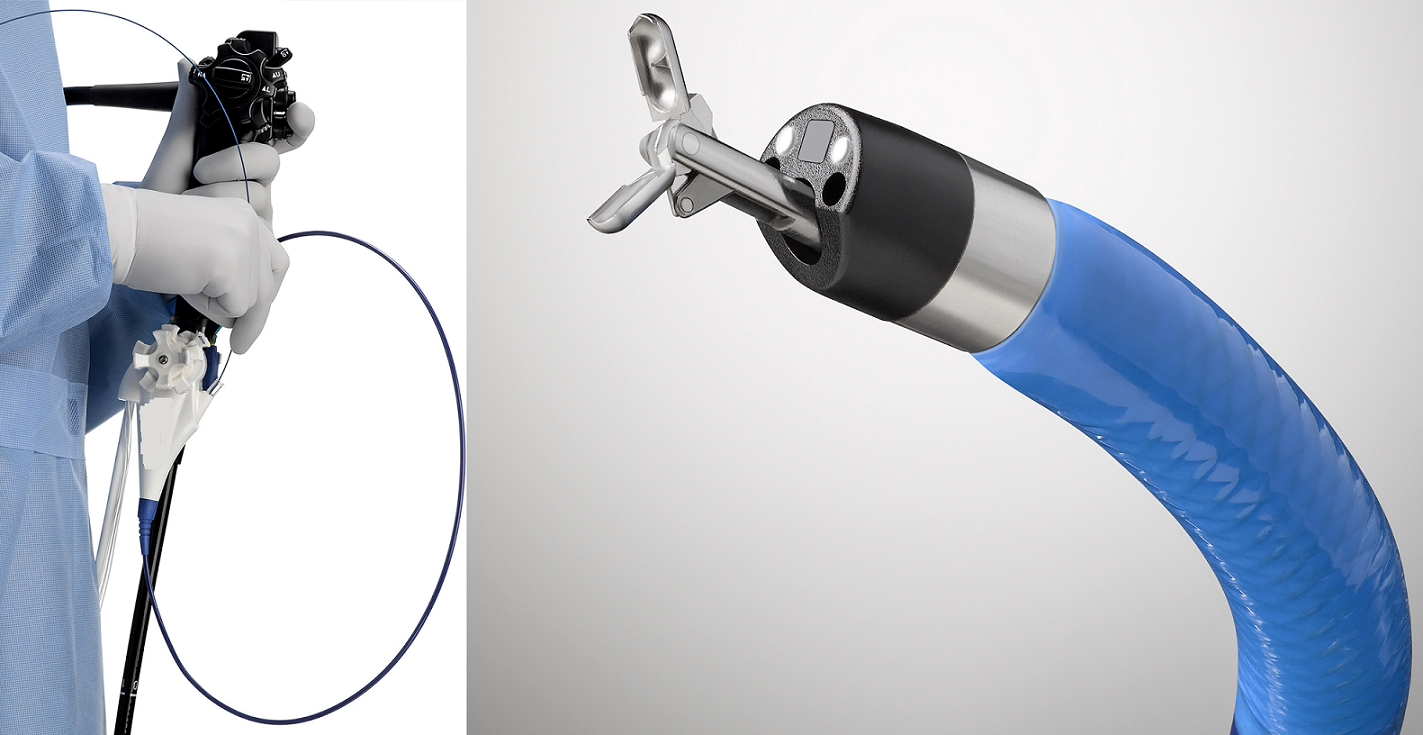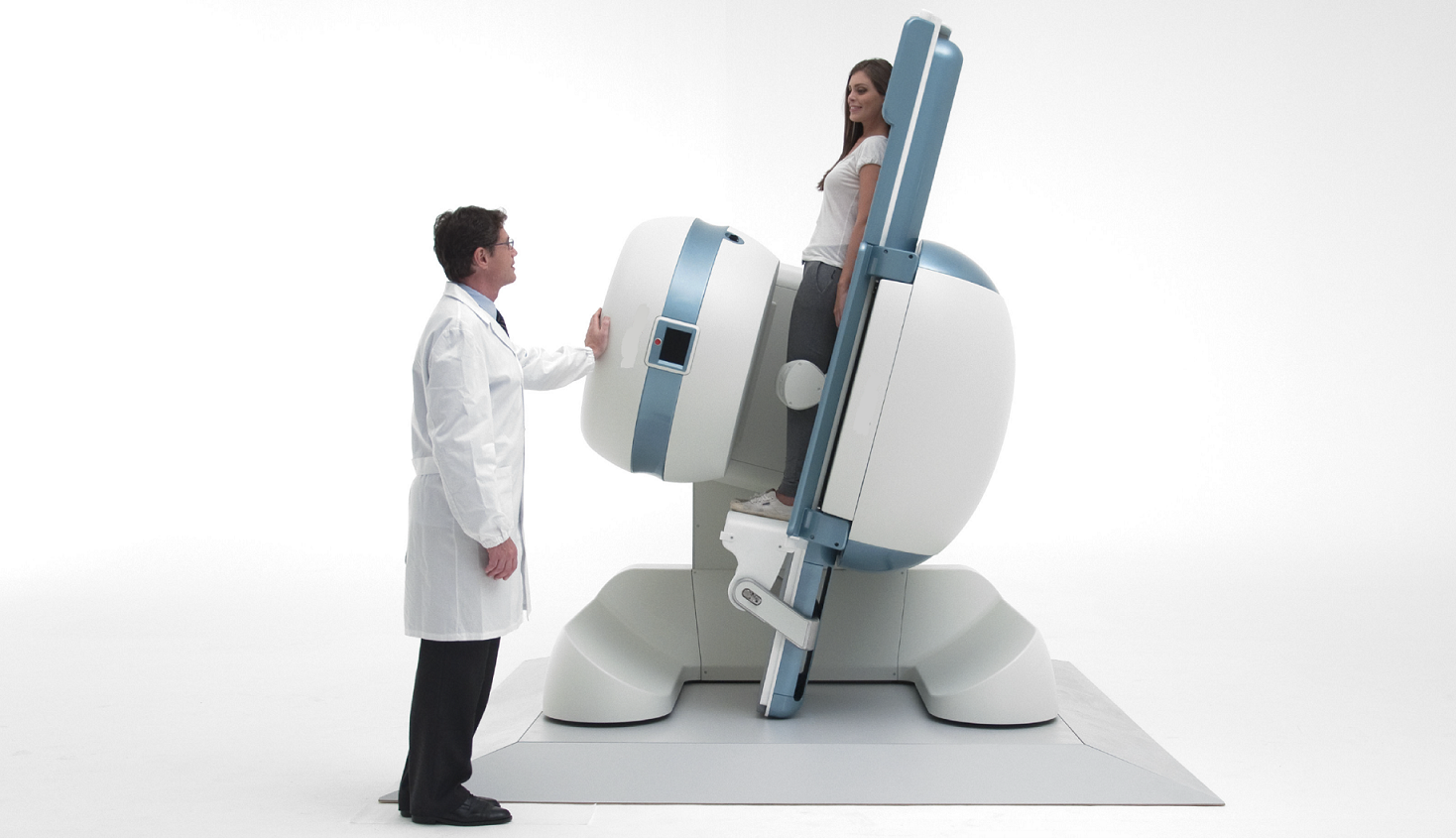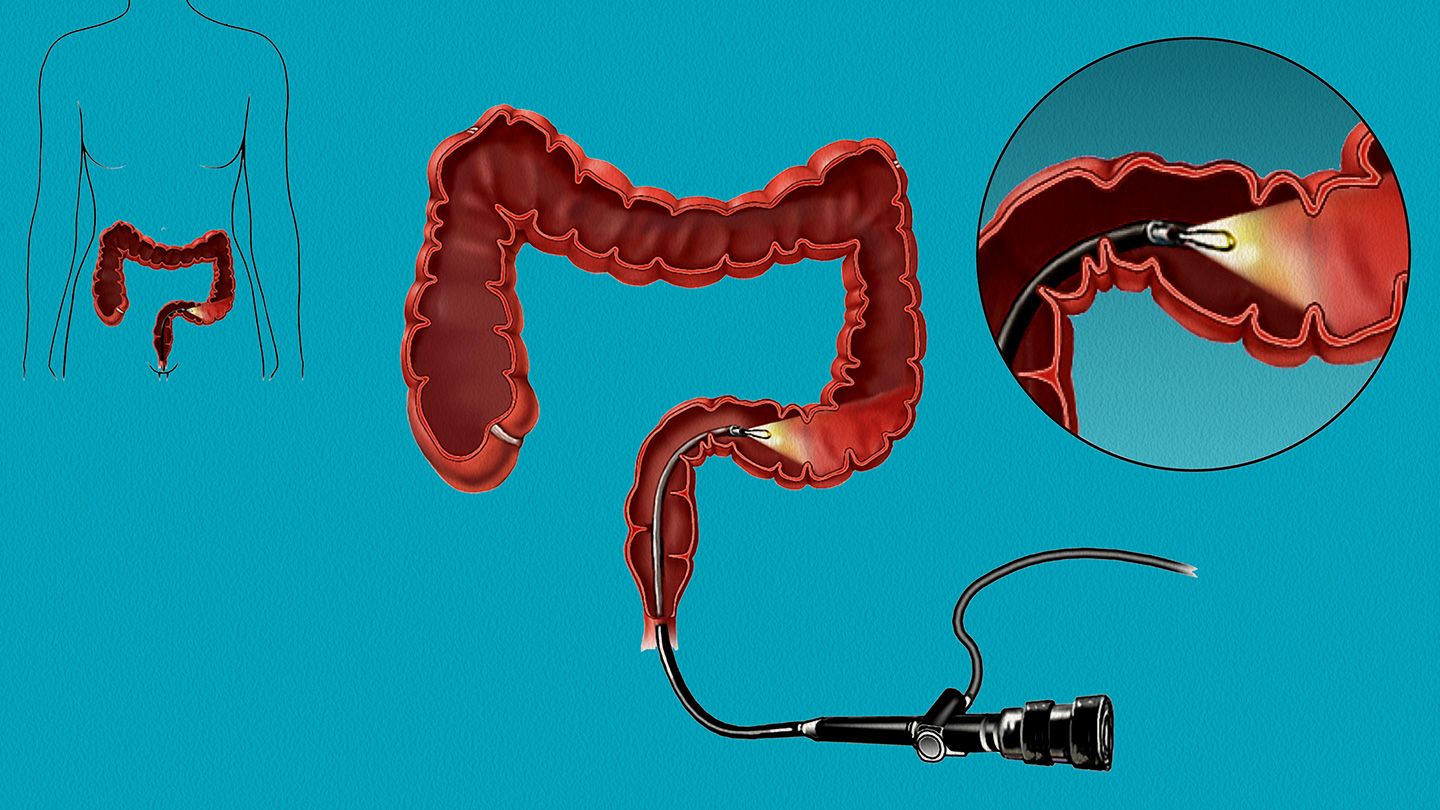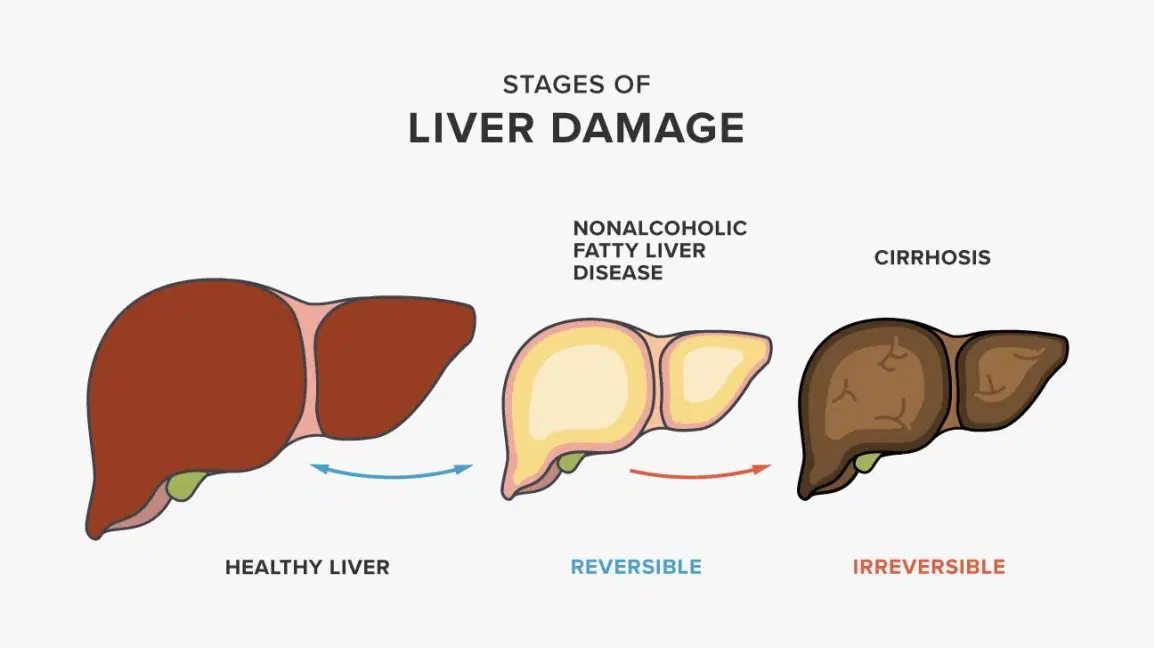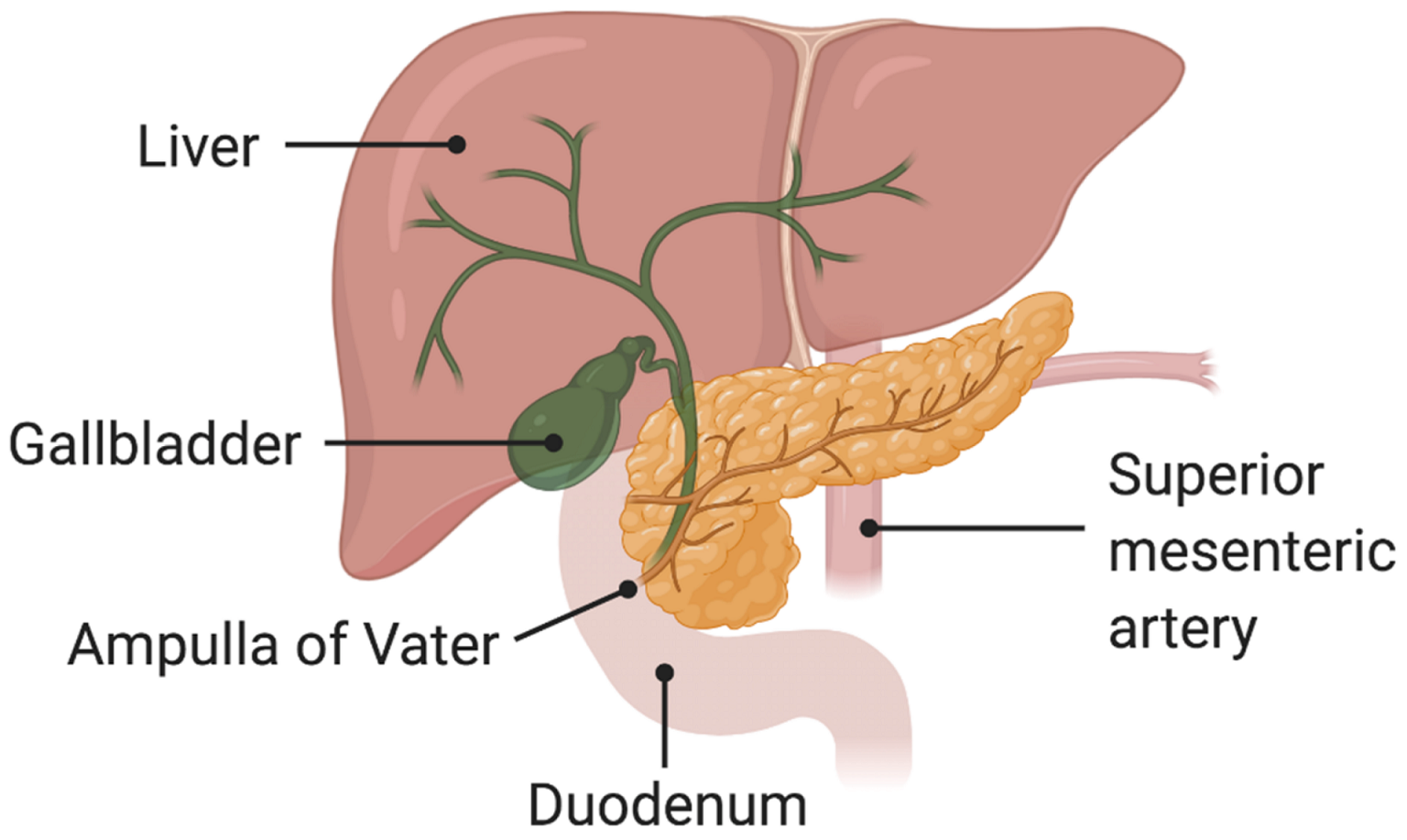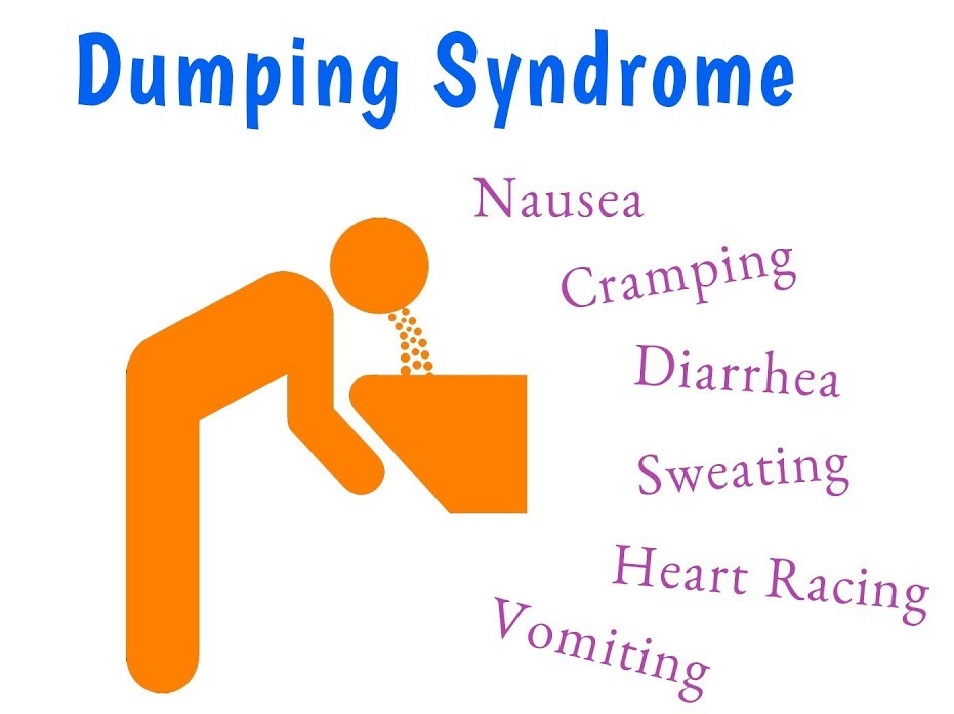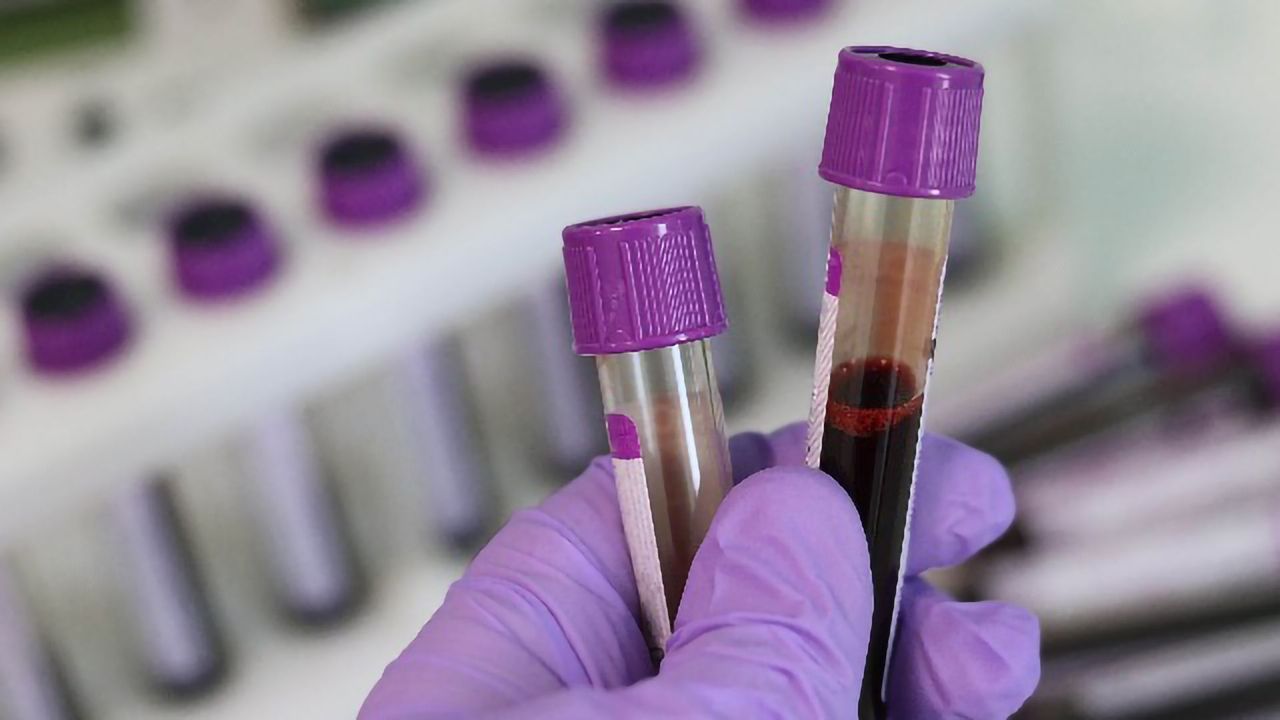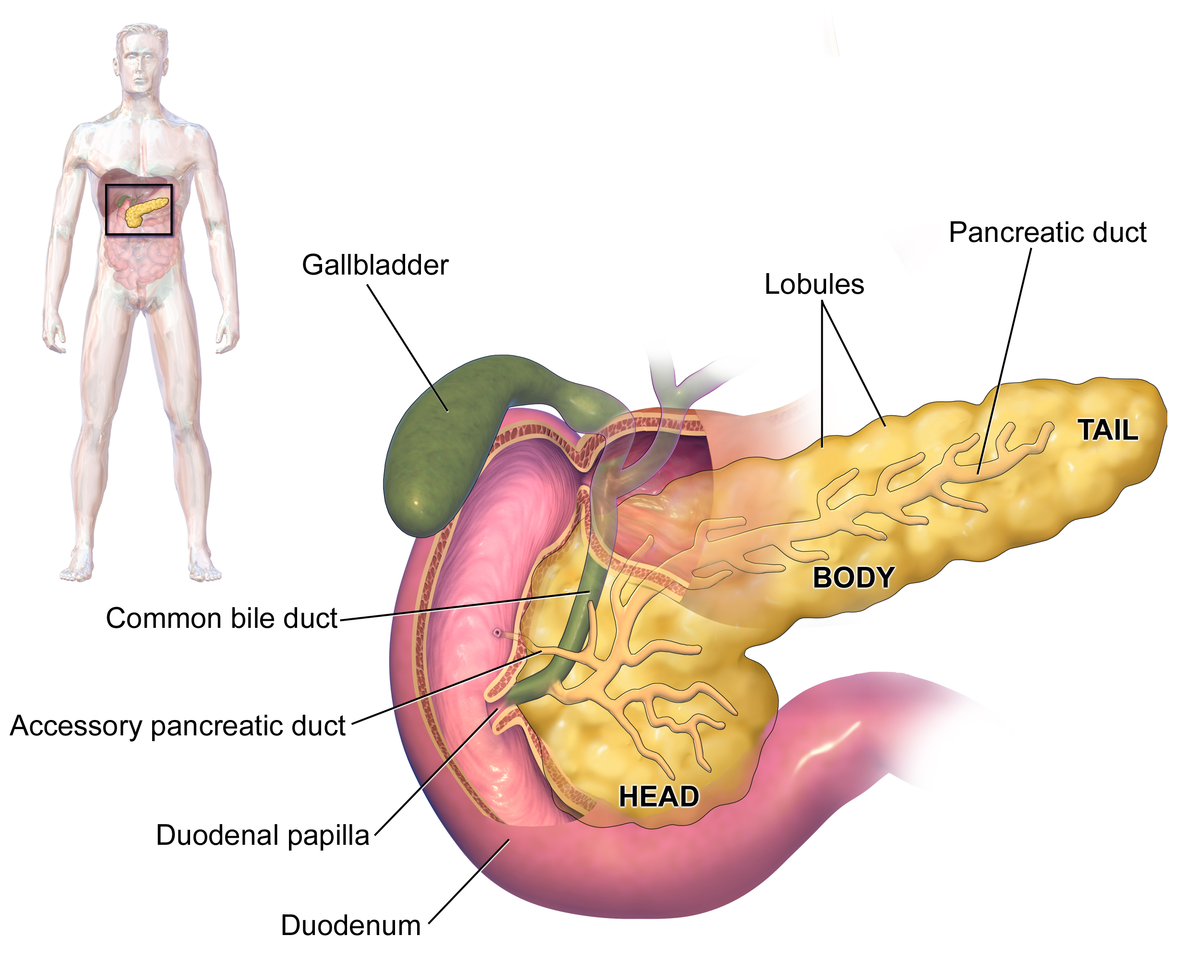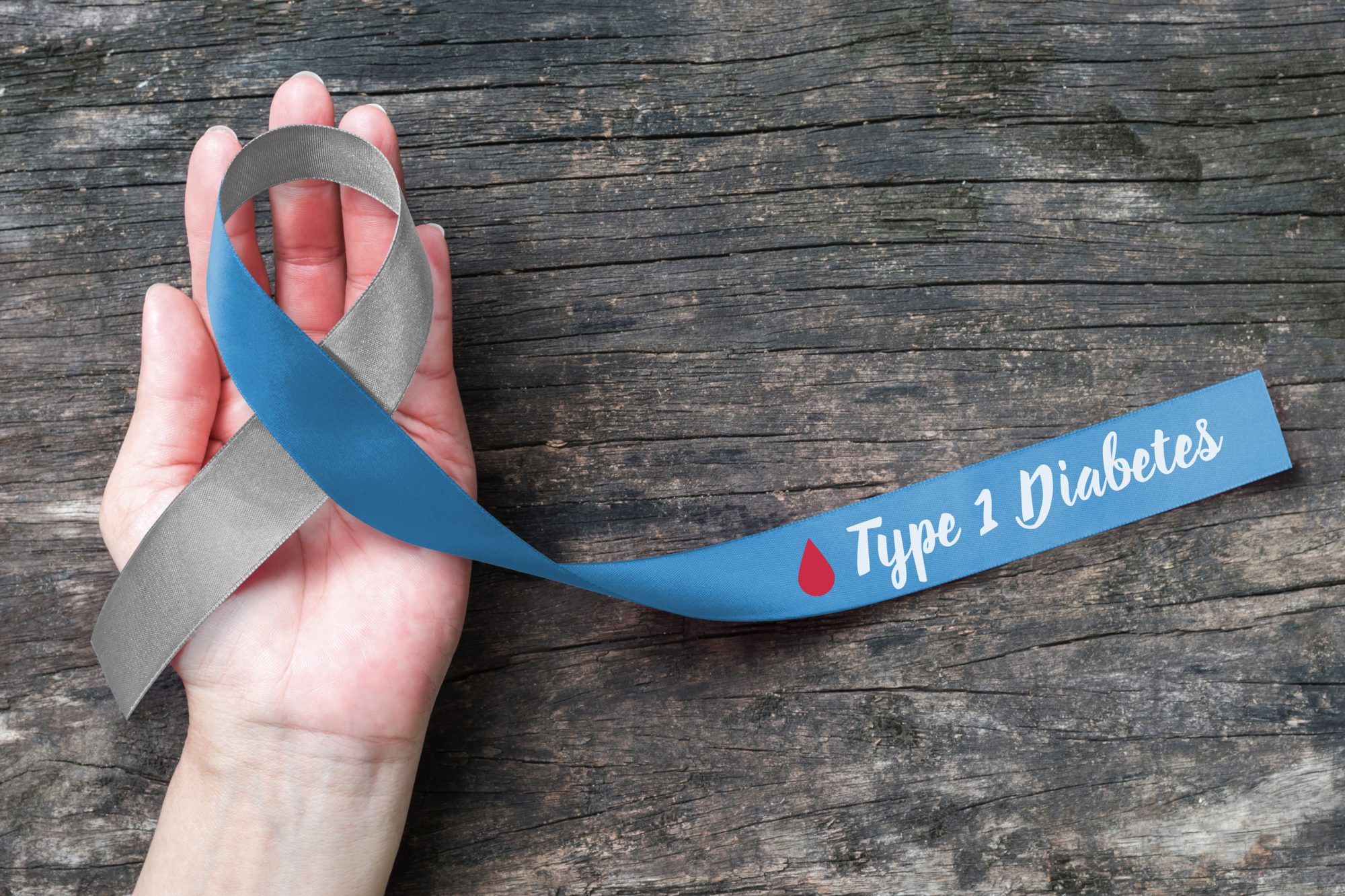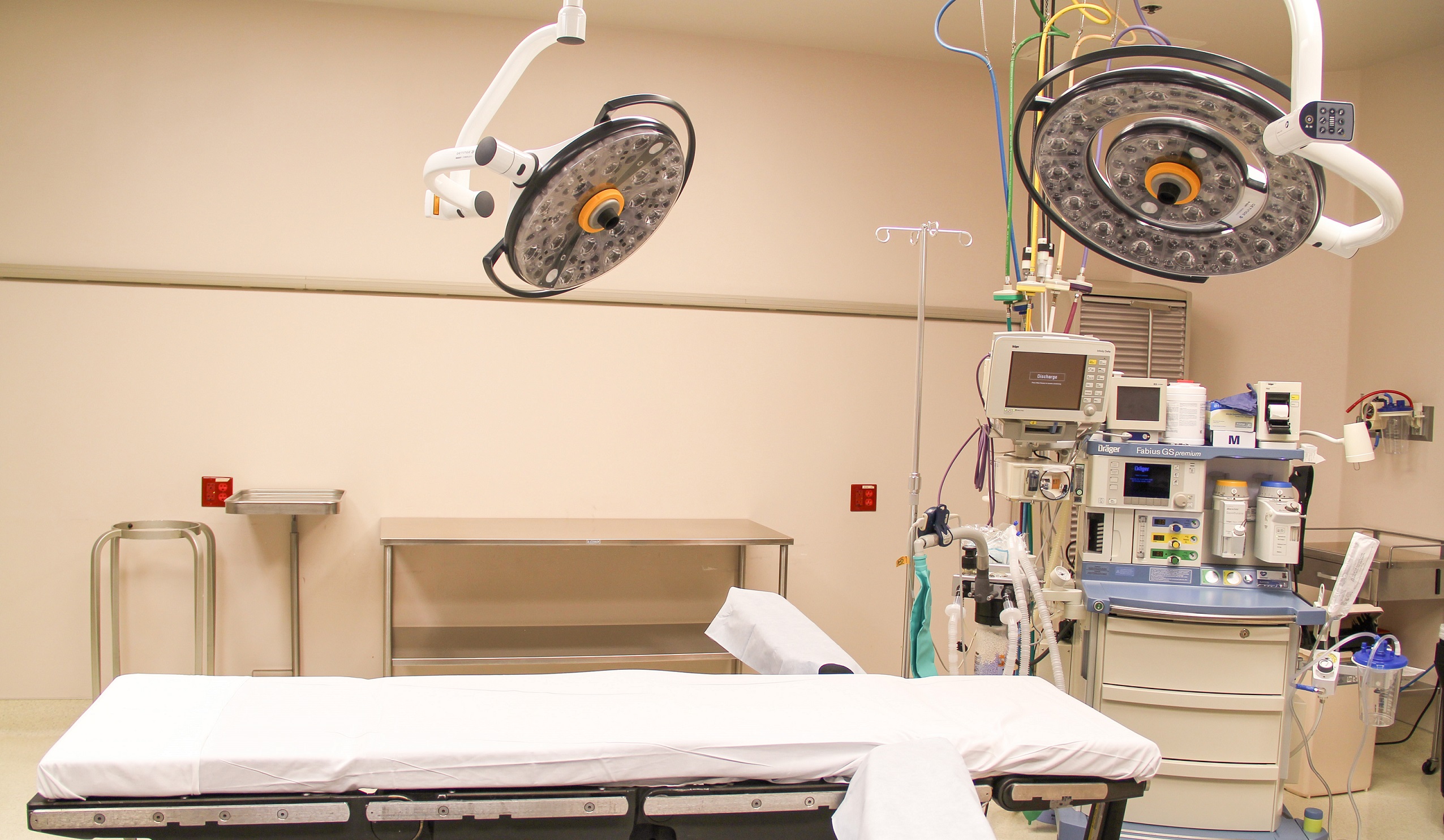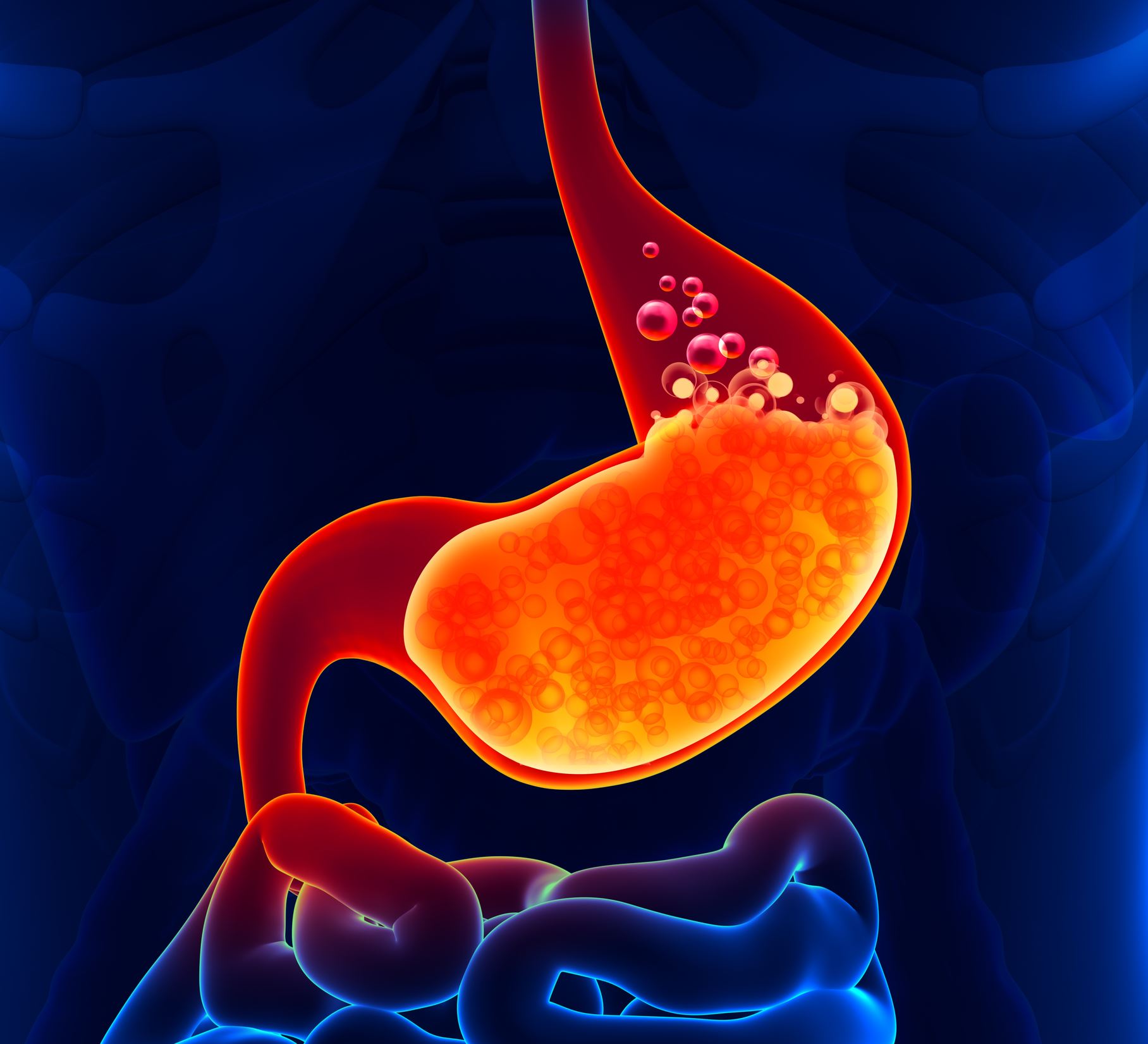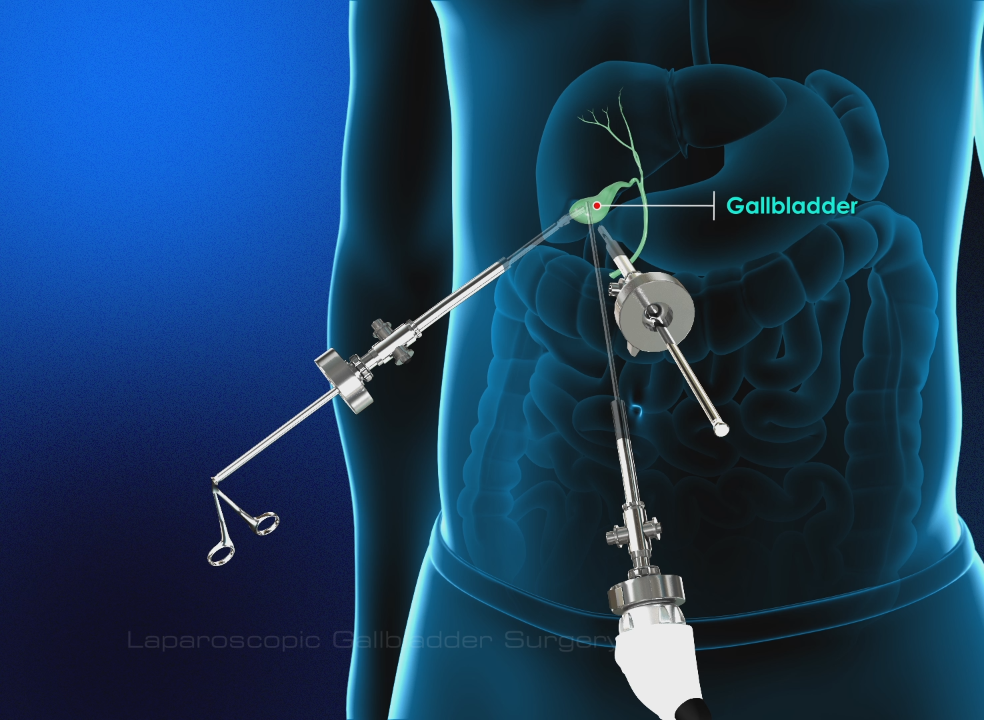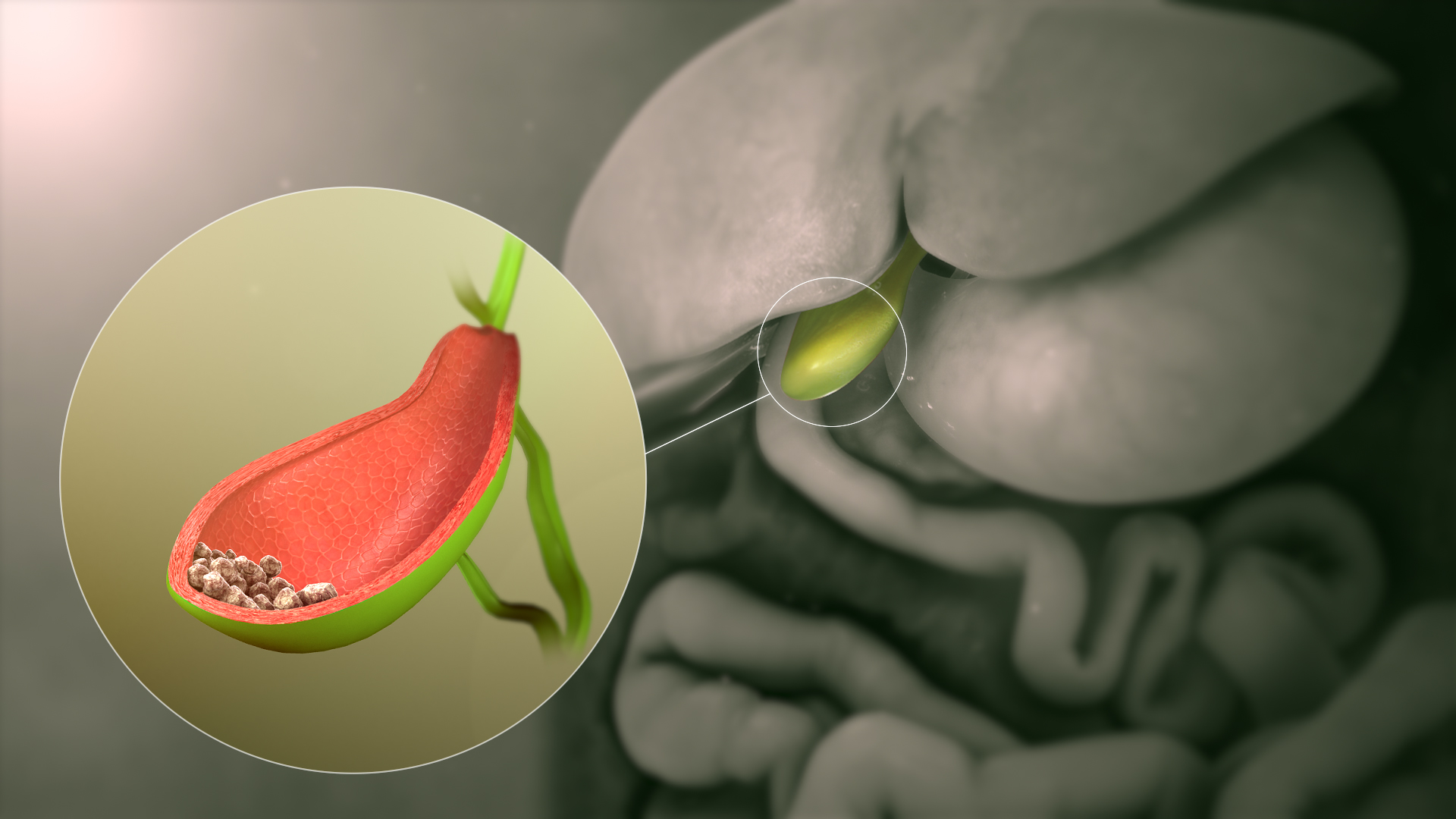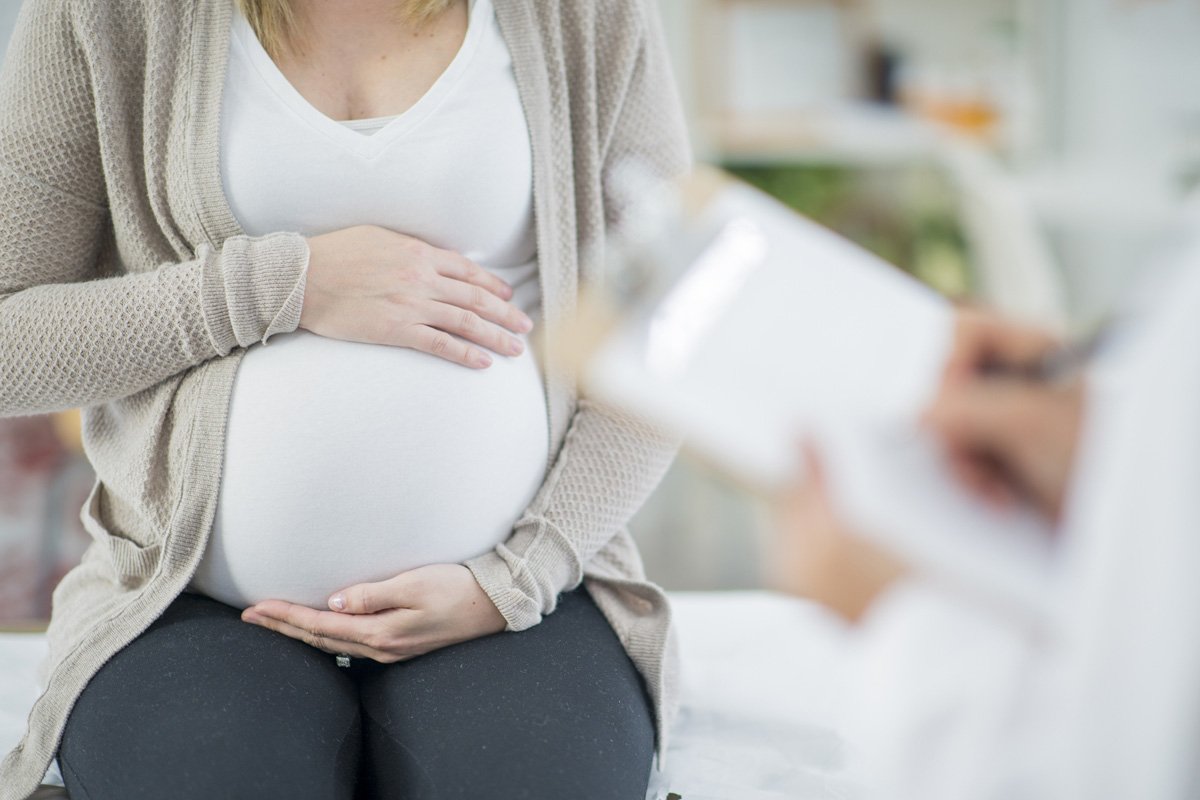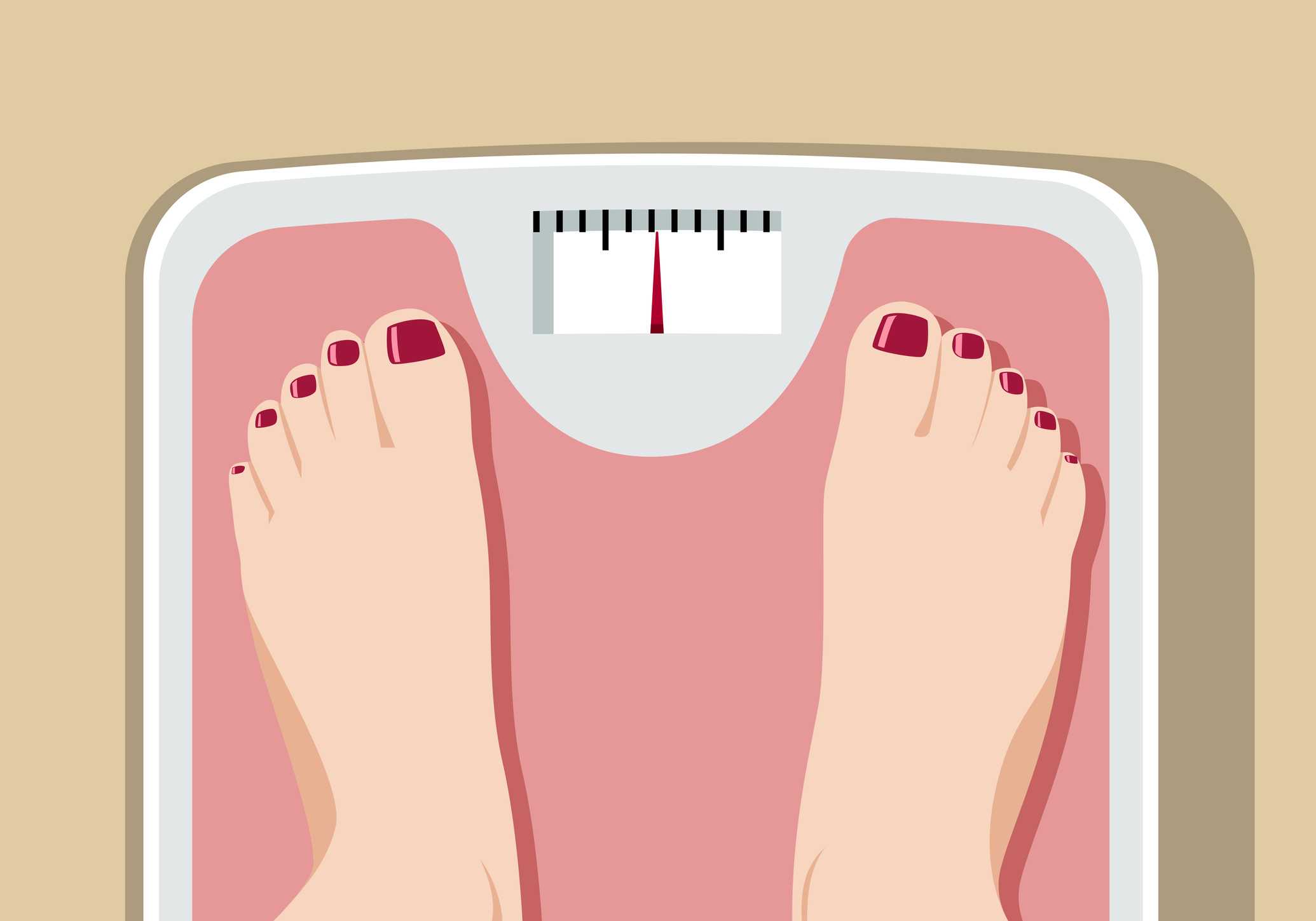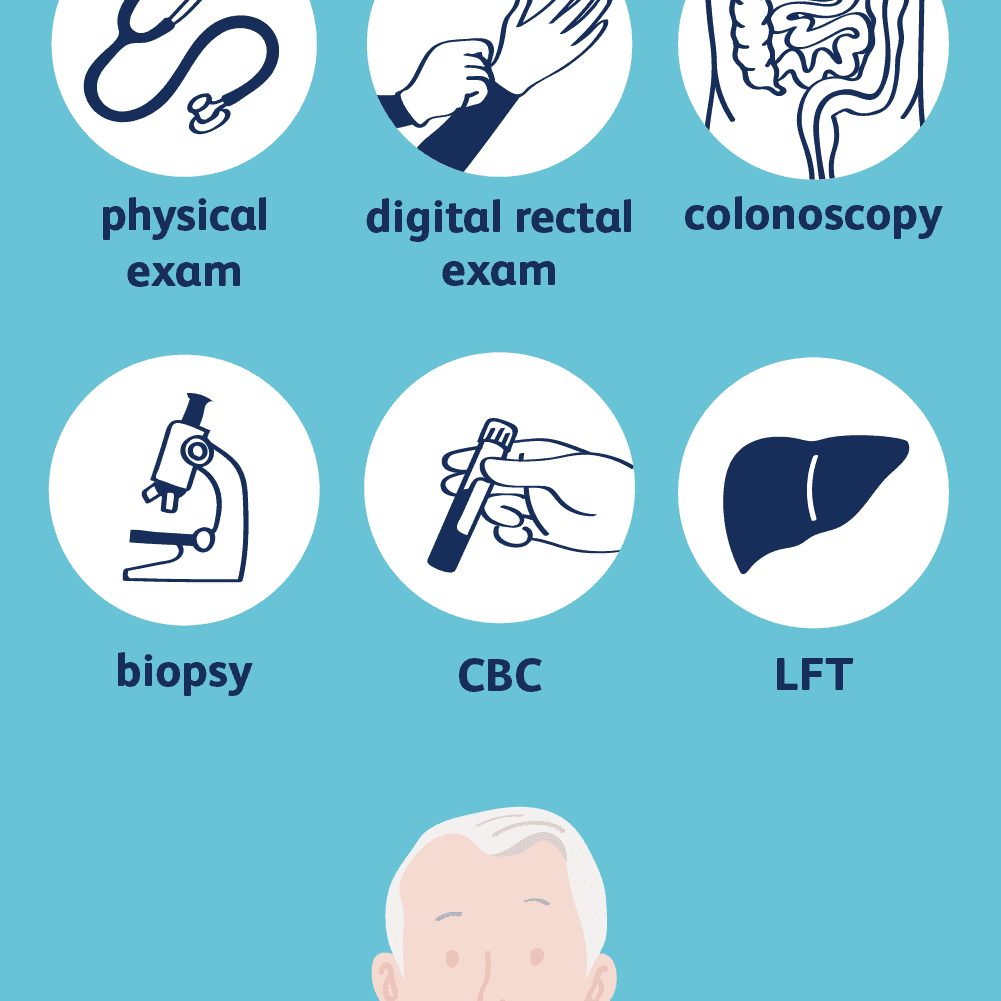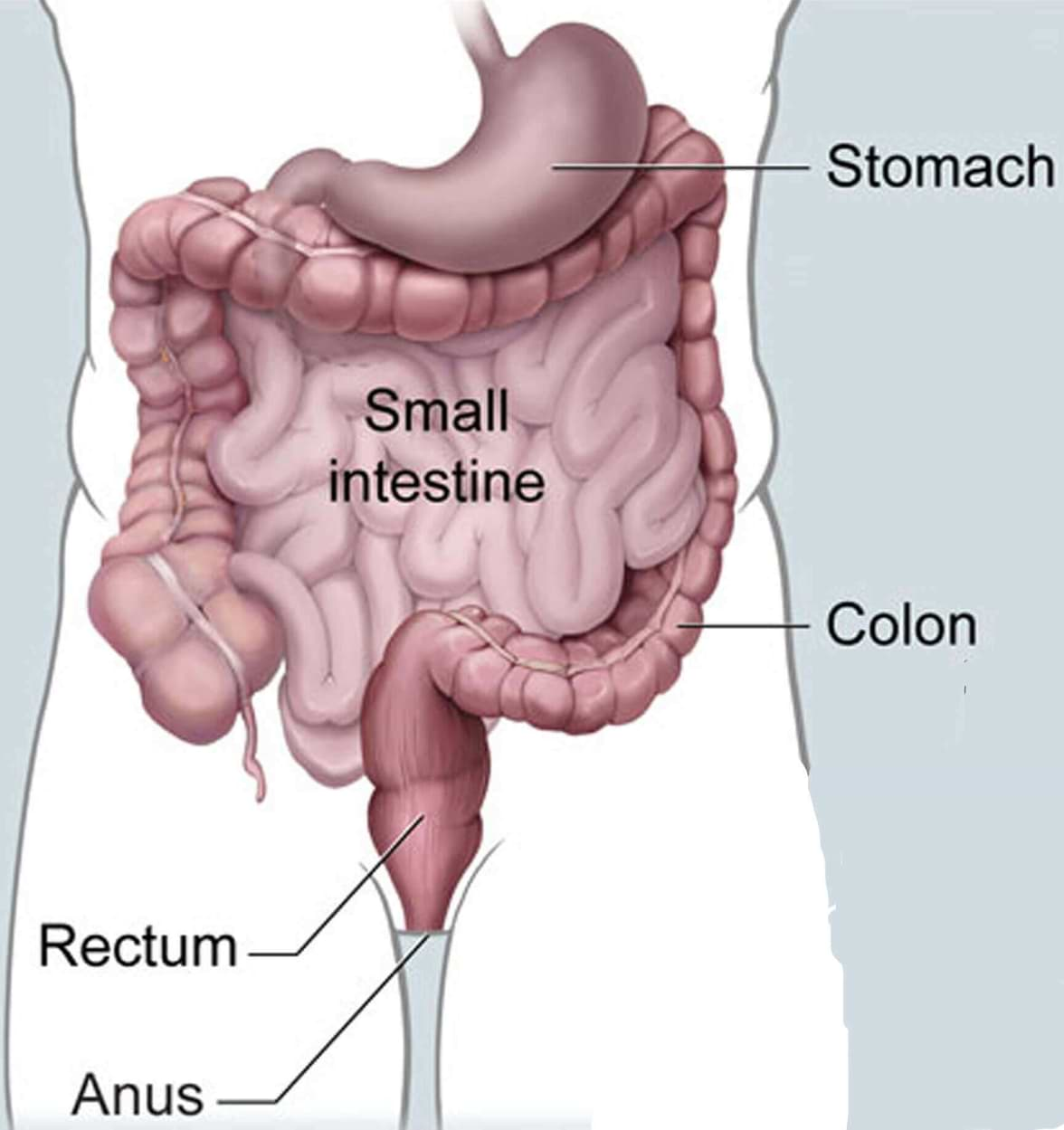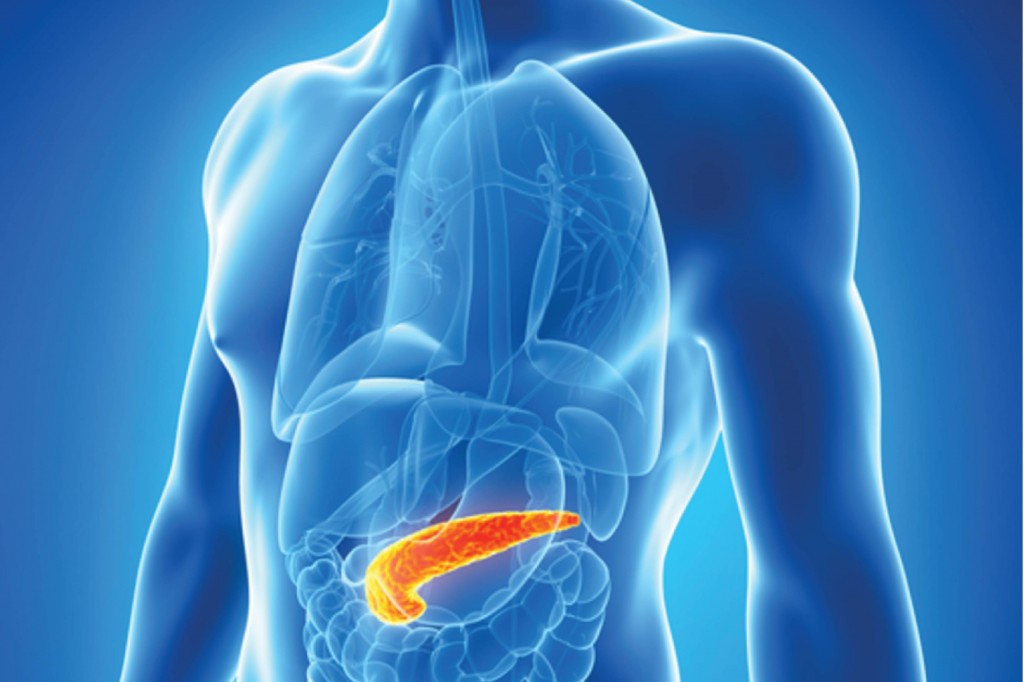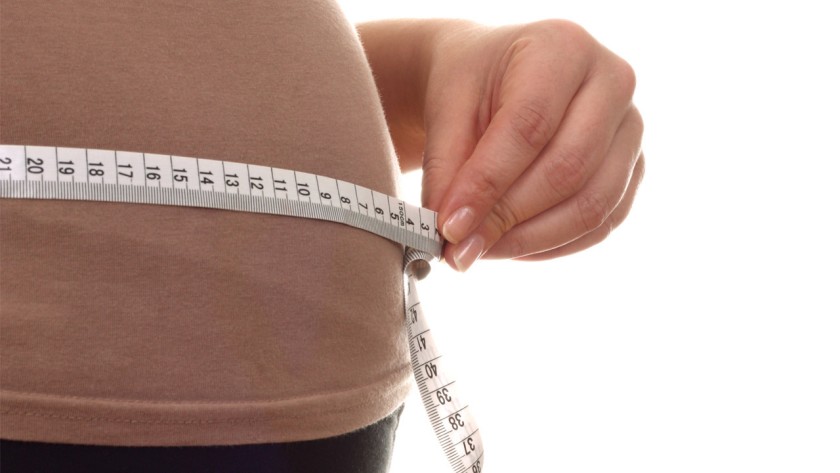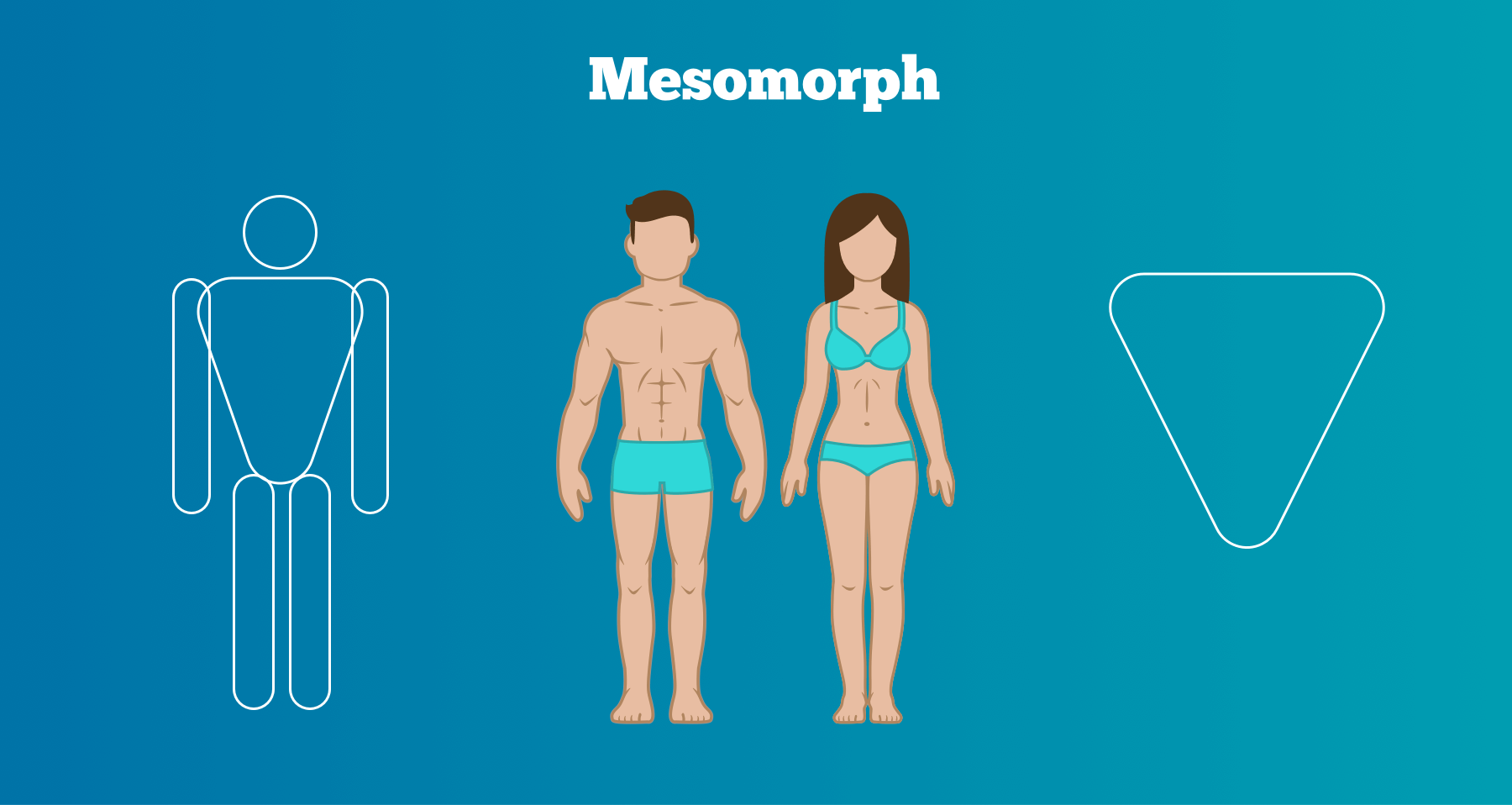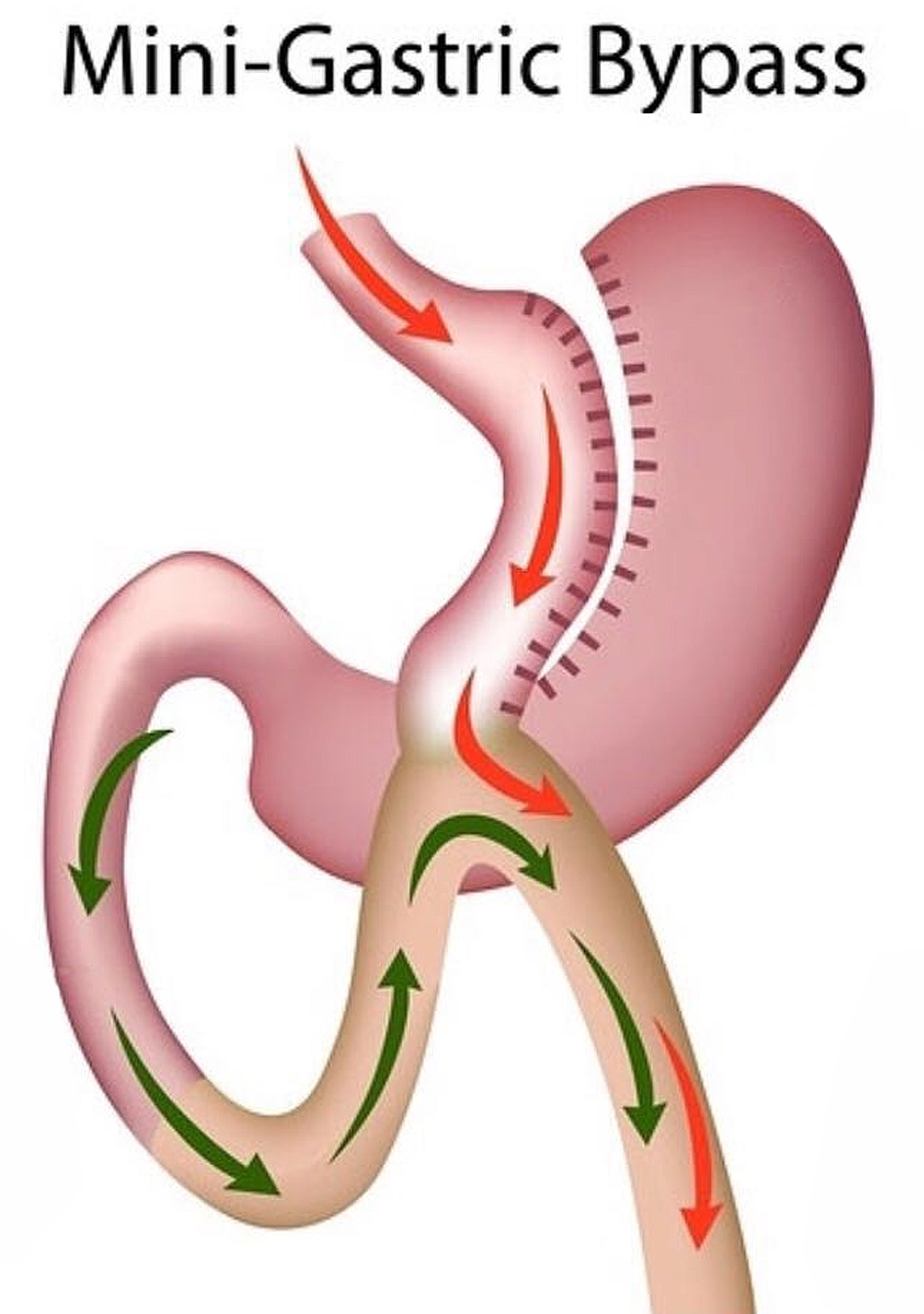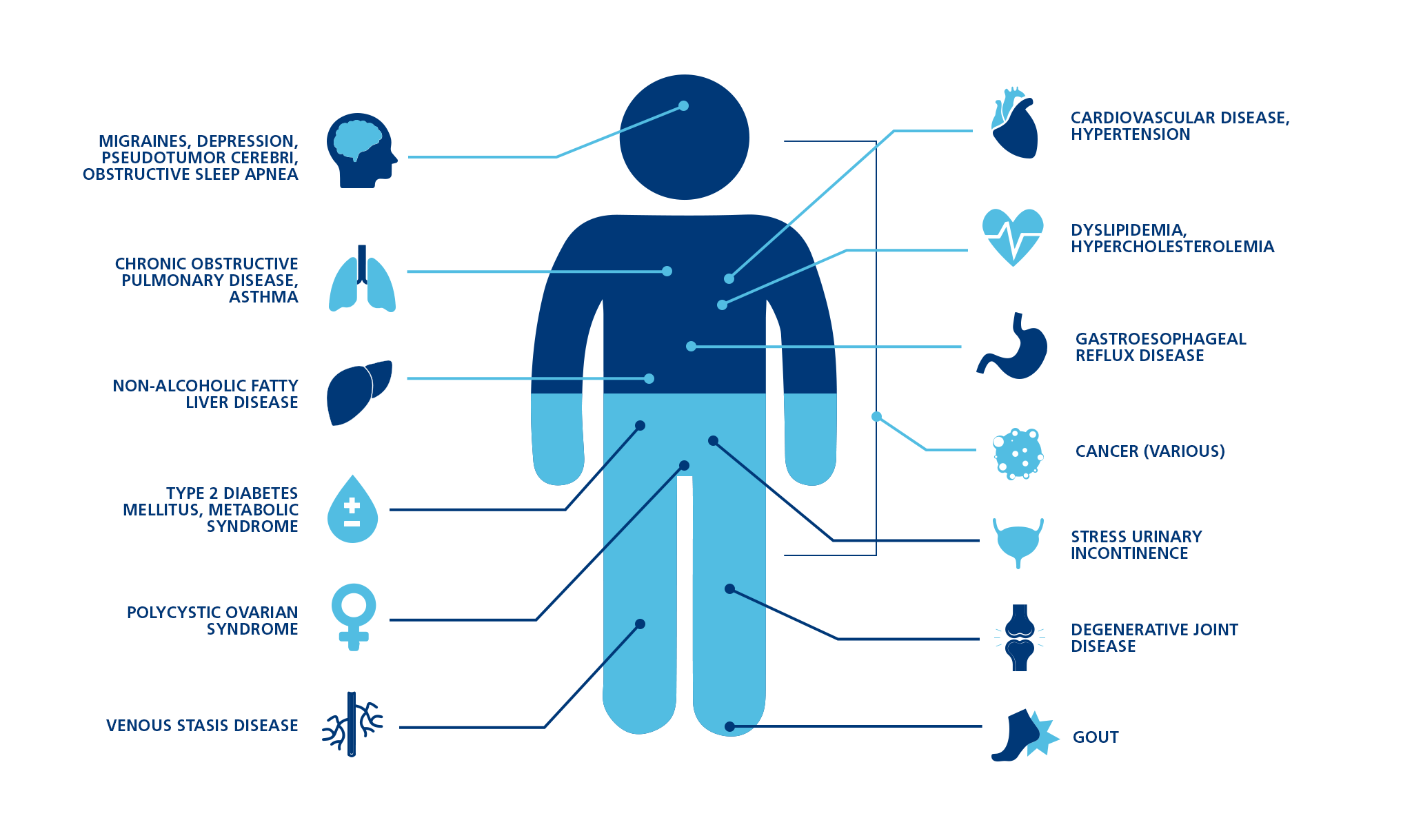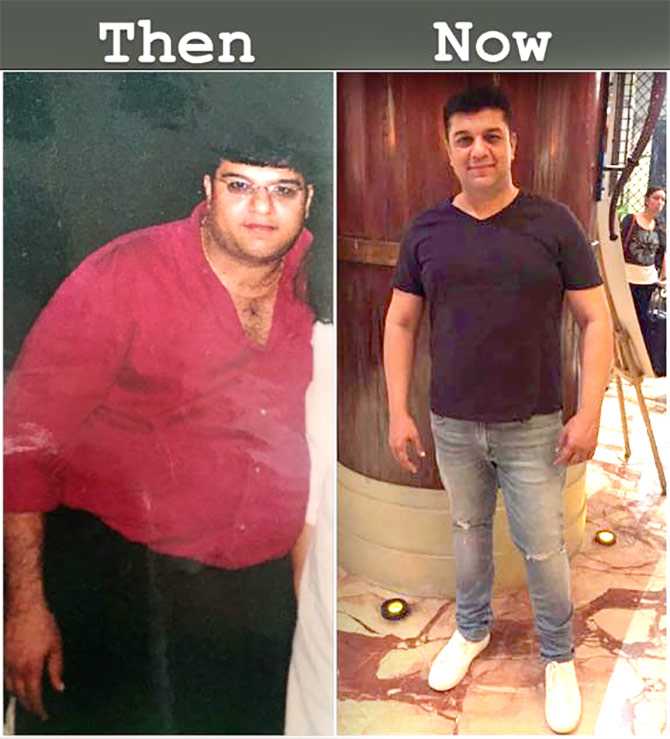Bariatric Surgery, Pregnancy, WOmen Health
Bariatric Surgery and Pregnancy- When Is the Ideal Time to Try for a Baby After Bariatric Surgery?
Pregnancy after gastric bypass can be safe and healthy if managed well by you and your health care provider.
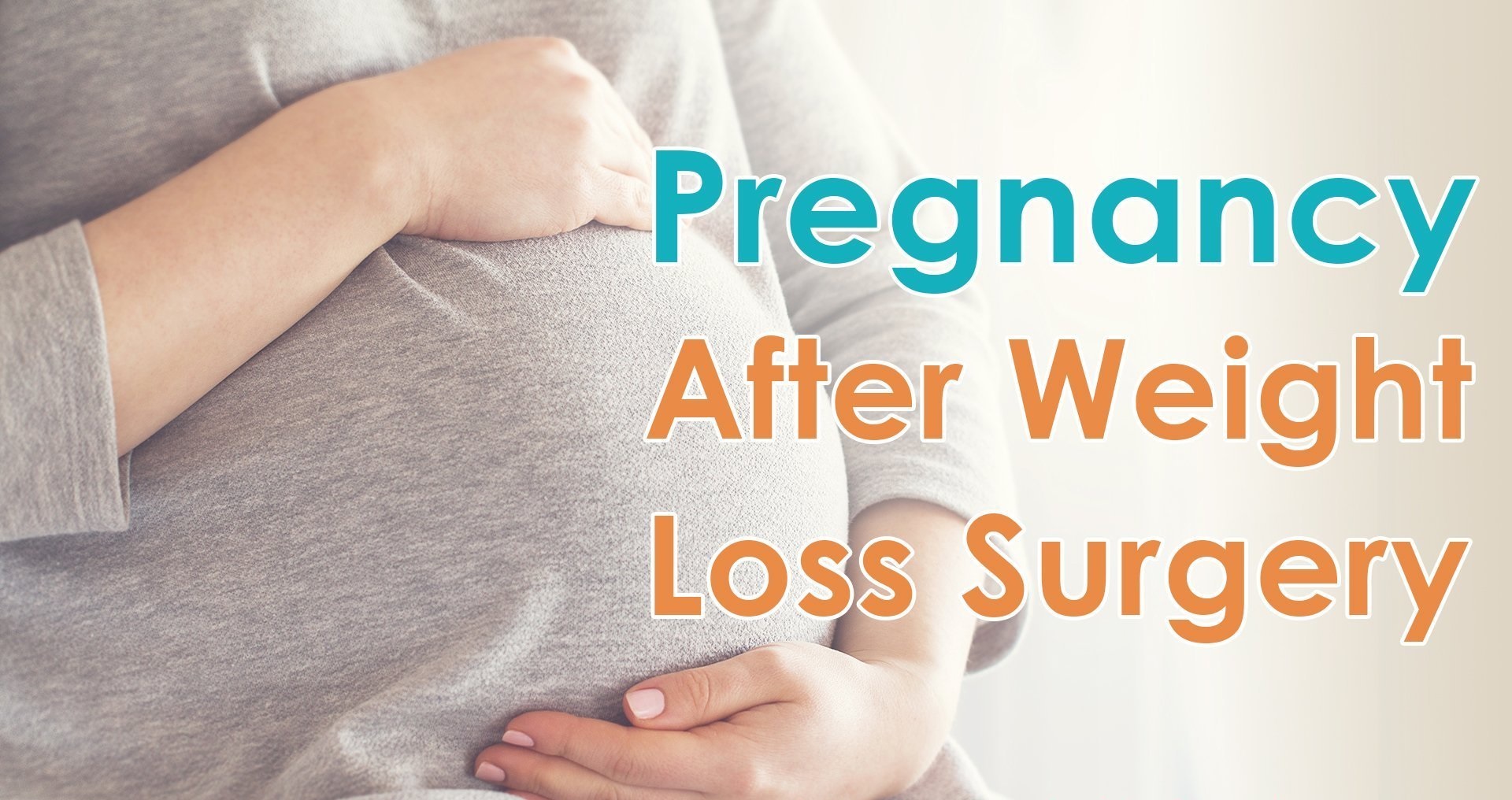
Overview
Have you had bariatric surgery recently or in the last few months or are planning to undergo one? But at the same time you are also planning on extending your family? So, what is the ideal time to try for pregnancy once you have undergone bariatric / weight loss surgery? The reason to learn about this is because while weight loss surgeries result in rapid weight loss, our bodies might also undergo many other changes like change in bone-mineral density or dumping syndrome resulting in lesser nutrition absorption. Here is what a recent study says.
What is the ideal period to try for pregnancy?
Women who have had weight loss surgery should wait at least two years before trying for a baby, new research presented at the European Congress on Obesity (ECO) in Maastricht, the Netherlands suggests. (Source)
Bariatric surgery is increasingly common in women of reproductive age and reduces the risk of obesity-related complications, such as pre-eclampsia and gestational diabetes, in pregnancy.
Women are, however, more likely to have a baby who is very underweight (small for gestational age, SGA), after bariatric surgery.
Small for gestational age neonates are more at risk of a range of problems, including hypothermia, hypoglycemia, infections and neonatal asphyxia, than those of normal weight.
As a result, women are generally advised to wait at least 12 months after bariatric surgery before trying for a baby. Many European countries, including the UK, recommend waiting two years after gastric banding and 12 months after other types of bariatric surgery.
The optimal bariatric surgery-to-conception interval (BSCI) has not, however, been determined.
To find out more, Dr Ana Carreira and Dr Bárbara Araújo, Department of Endocrinology and Metabolism, Centro Hospitalar e Universitário de Coimbra, Coimbra, Portugal and colleagues carried out a retrospective study of 48 pregnancies after bariatric surgery.
The women were 34.3 years old, on average, at conception, and had an average BMI of 30.9.
They had the following types of bariatric surgery: gastric bypass (37.5%), sleeve gastrectomy (35.4%), gastric banding (22.9%) and biliopancreatic diversion (4.2%).
14.6% of babies were conceived less than 12 months after bariatric surgery, another 14.6% at 12 to 24 months after surgery and 70.8% had a BSCI of over 24 months.
Average birth weight was 2980g and 26.3% of babies were SGA (defined in this study as one that is smaller than more than 90% of babies born at the same number of weeks of pregnancy).
Time from bariatric surgery to conception was significantly lower in the SGA babies (23.1 months versus 64.7 months).
The analysis also revealed that the longer a woman waited to get pregnant, the lower her chances of having an SGA baby.
Each additional month's wait was associated with a 5% lower risk of having an SGA baby and a 4.2g increase in birth weight.
The optimal time to wait was found to be at least 24.5 months. Women with a BSCI of under 24.5 months were 15 times more likely to have an SGA baby than those who waited longer to conceive.
Finally, risk of having an SGA baby was similar for different types of bariatric surgery.
Dr Araújo says: "Bariatric surgery-to-conception interval has a significant impact on birth weight, with shorter intervals associated with a higher risk of having a very underweight baby.
"This is likely due to the rapid weight loss that occurs after bariatric surgery making it difficult for the woman to gain adequate weight during pregnancy. The rapid weight loss can also lead to nutritional deficiencies which may be harmful to the baby.
"A longer interval from surgery to conception allows the woman's weight and nutritional status to stabilize."
Conclusion
For a happy and healthy pregnancy, it is recommended that women wait at least two years post bariatric surgery to try to conceive.
Reference
- https://www.medscape.com/viewarticle/973852
- https://www.mayoclinic.org/healthy-lifestyle/getting-pregnant/expert-answers/pregnancy-after-gastric-bypass/faq-20058409
- https://s3.amazonaws.com/cdn.smfm.org/media/521/bariatric_surgery.pdf
- https://easo.org/women-advised-to-wait-at-least-two-years-after-weight-loss-surgery-before-trying-for-a-baby/




